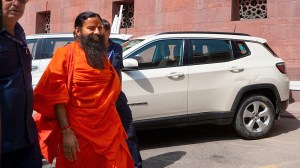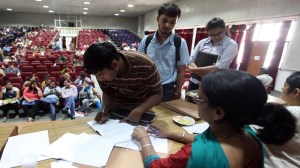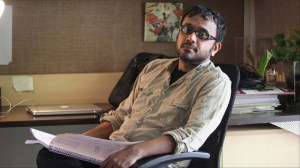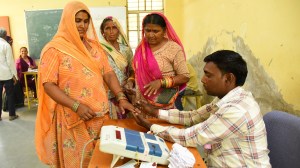- India
- International
Careless talk
War on COVID-19 is infringing on citizens’ right to privacy — without adding significantly to the effort.
 Doctor-patient confidentiality is being breached and data is shared on digital networks, apparently to contain the pandemic.
Doctor-patient confidentiality is being breached and data is shared on digital networks, apparently to contain the pandemic.
In times of crisis, governments may curb fundamental rights in the national or public interest. During World War II, for instance, the right to free speech was reduced — British installations were plastered with a poster that read, “Careless talk costs lives,” and the people of a blisteringly outspoken nation agreed that the curb was necessary. Now, the war on COVID-19 is infringing on the fundamental right to privacy, without adding anything to the effort. The details of 722 airline passengers who landed in Delhi this month are being shared online, some state governments are revealing the identities of the quarantined and the Corona Kavach app released by the government, which evaluates the risk status of users and informs them of the proximity of potential carriers, is in public beta. In addition, the quarantined (who may be negative) have been stamped with indelible ink and their phone GPS is monitored.
Doctor-patient confidentiality is being breached and data is shared on digital networks, apparently to contain the pandemic. India does not respect the right to be forgotten, digital data remains etched in silicon, and may determine the social status and health insurance burden of the quarantined in the future. Attitudes to data privacy vary from West Bengal, where authorities regard the maintenance of patient confidentiality as a social duty, to Delhi, where the identity of those in quarantine, whether positive or not, is announced to unhealthily curious neighbours in a poster by the front door. Responses have been ad hoc, since the emergency legislation pressed into service against the coronavirus predates the question of privacy. Even the Personal Data Protection Bill speaks only of “processing” data without consent in emergencies. Is pasting a notice branding the quarantined a legitimate process?
In the absence of clear legal sanction, the law applies the tests of logic and proportionality. Does the public sharing of personal information advance the fight against coronavirus? And does any advantage won justify the erosion of privacy? The nations hit hardest by the virus are locked down — with varying degrees of efficiency and intelligence — because in the absence of a vaccine or a cure, social distancing is the only known deterrent. It is a blunt instrument to be applied rigorously, indiscriminately and blindly by everyone, with respect to everyone else. The strategy is absolutist and information-agnostic. The citizen must keep all others at a distance, whether they have been overseas or not, whether they have symptoms or not, and whether they are in quarantine or not. Information about health status is irrelevant to the efficiency of social distancing, and sharing it outside the community of doctors, researchers and administrators, who do need to know, is irresponsible and callous.
EXPRESS OPINION
More Explained
Apr 24: Latest News
- 01
- 02
- 03
- 04
- 05
































